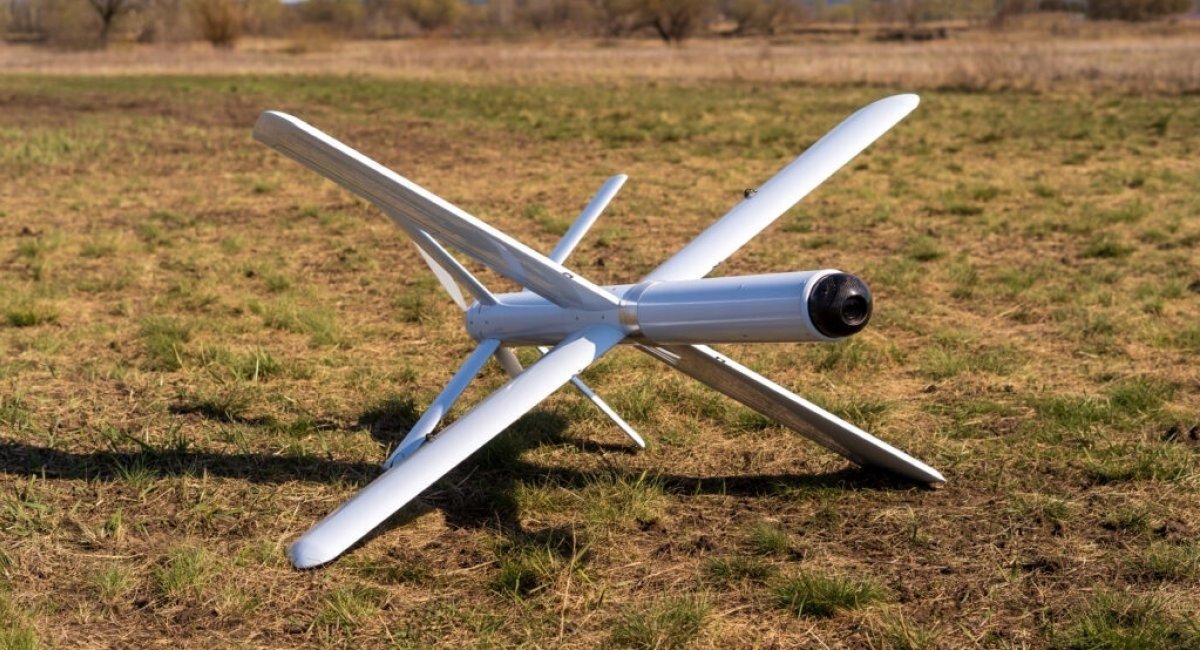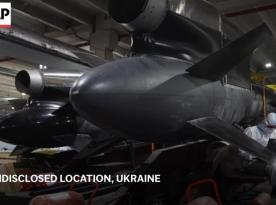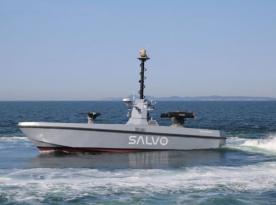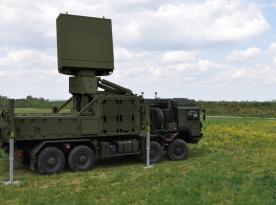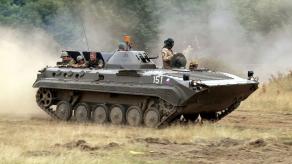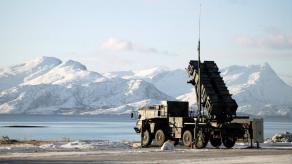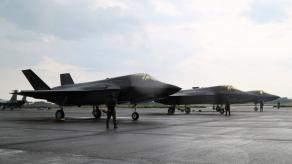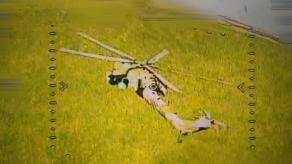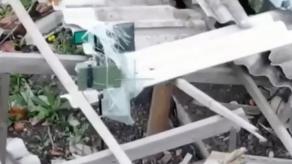This was stated by the Vice Prime Minister for Innovation, Development of Education, Science, and Technology - Minister of Digital Transformation of Ukraine, Mykhailo Fedorov, during the Business Breakfast by Forbes Ukraine.
According to Minister of Digital Transformation, currently, there are several companies offering such a product, and in the coming weeks, the issue of contracts with them will be resolved.
Read more: Ukrainian Strikes May Have Hindered the Production of russian Lancet Drones
He also noted that "it took six months to 'accelerate' the market," which ultimately led to the emergence of various models, creating competition and choices.
In the video from the 32nd minute:
Mykhailo Fedorov indirectly mentioned the required range - 40 km, and noted that kamikaze drones of this class are quite high-tech.
The Lancet UAV from Zala (part of the Kalashnikov Concern) was first unveiled in June 2019 at the ARMY-2019 military expo in moscow. However, for quite a long time, no one in russia was interested in it. Only in 2021 did a rather powerful propaganda campaign begin. At that time, the Lancet was positioned as capable of destroying the Bayraktar TB2.
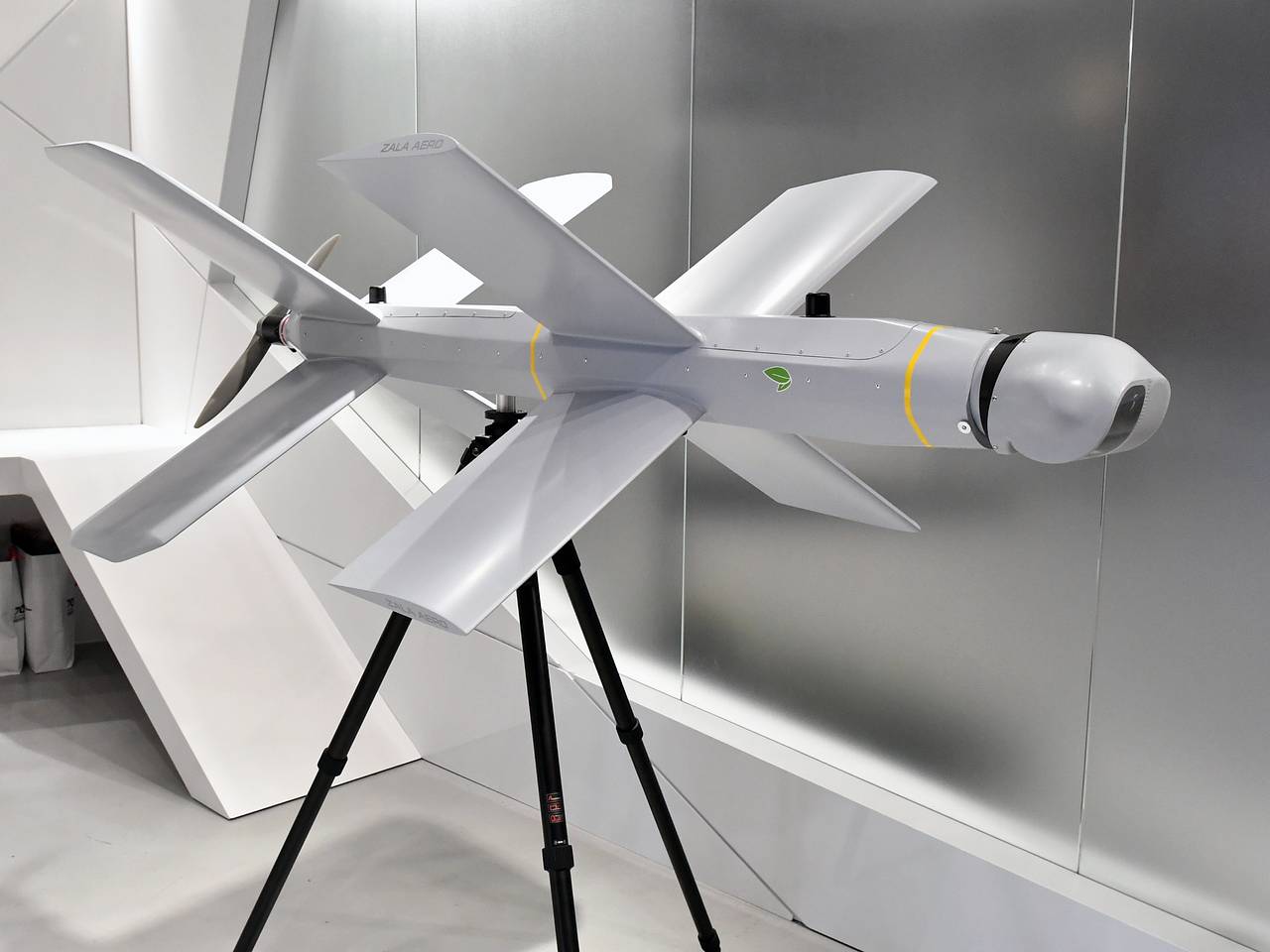
After their active use by the enemy during the full-scale invasion of Ukraine, questions about the Ukrainian counterpart drone started to arise more frequently.
The complete list of long-range kamikaze drones currently being tested on the battlefield is unknown. However, among the new developments, there may be a kamikaze drone from TAF Drones.
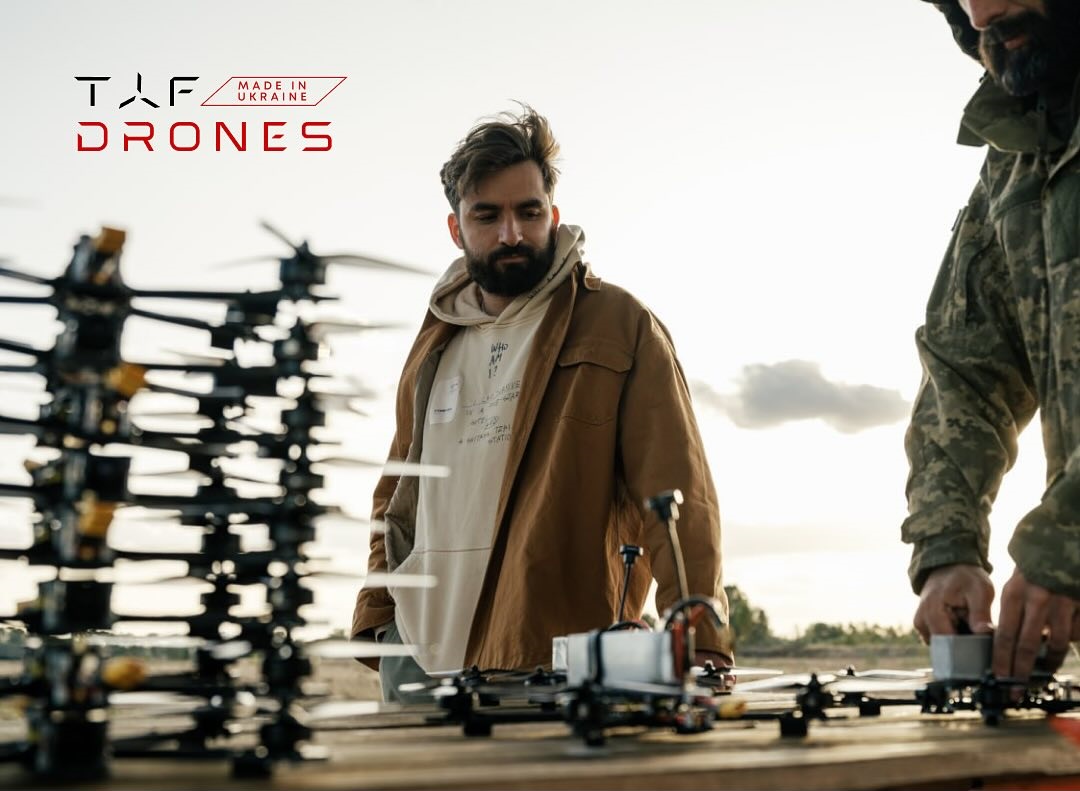
A loitering munition is indeed a complex product with the ability to be controlled at distances of tens of kilometers, a need for a high-quality guidance system, resistance to electronic warfare, and a powerful warhead.
However, the main task is to secure orders. And it precisely stimulates the emergence of prototypes, competition among manufacturers, and the opportunity to choose the best option.
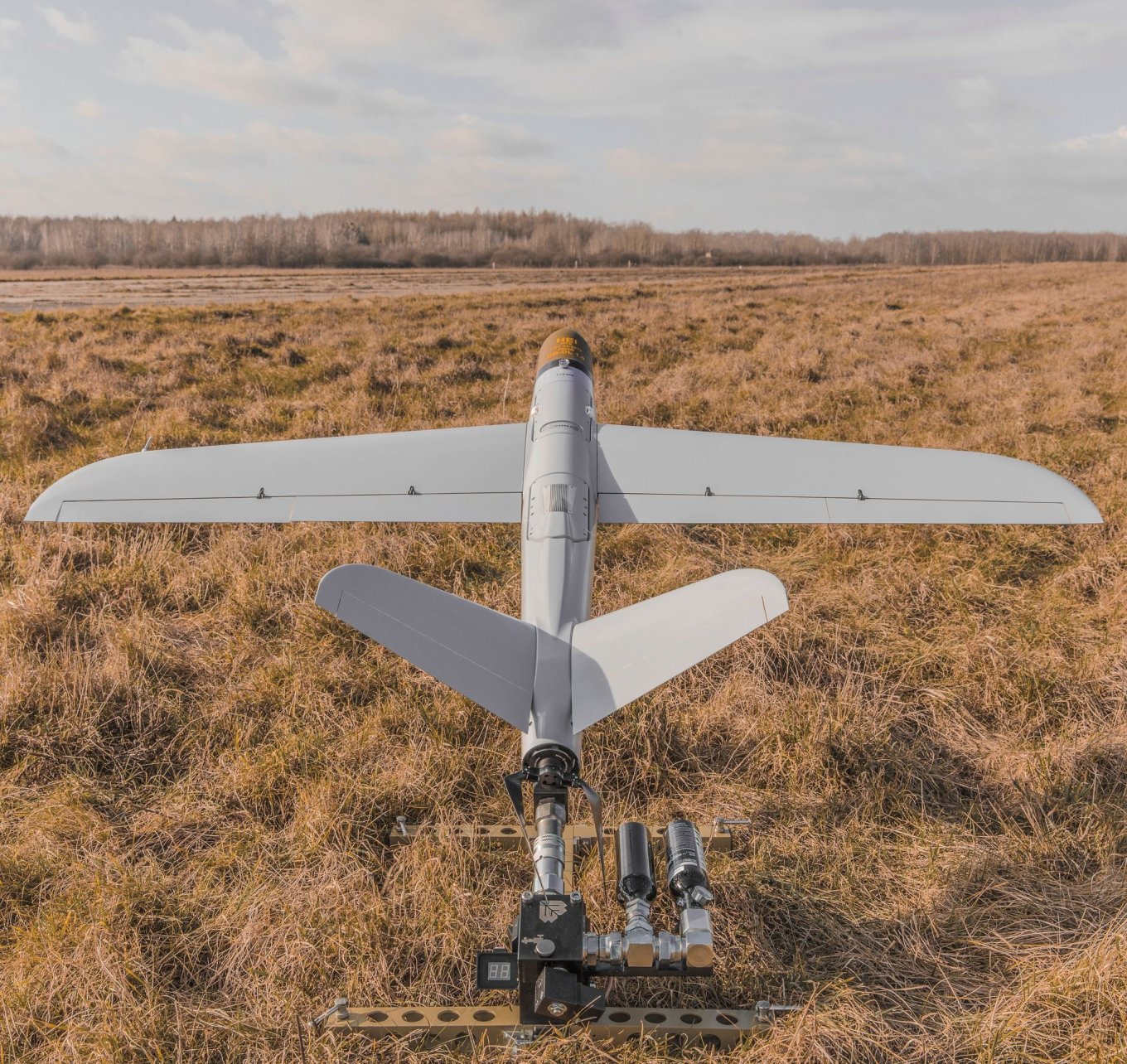
Remind, the ZALA Lancet is an unmanned aerial vehicle (UAV) and loitering munition. The Lancet can be used for both reconnaissance and strike missions. It has a maximum range of 40 kilometers and a maximum takeoff weight of up to 12 kilograms. In combat mode, it can be armed either with high explosive (HE) or HE-fragmentation warheads. It features optical-electronic guidance and TV guidance unit, which allows the munition to be controlled during the terminal stage of flight.
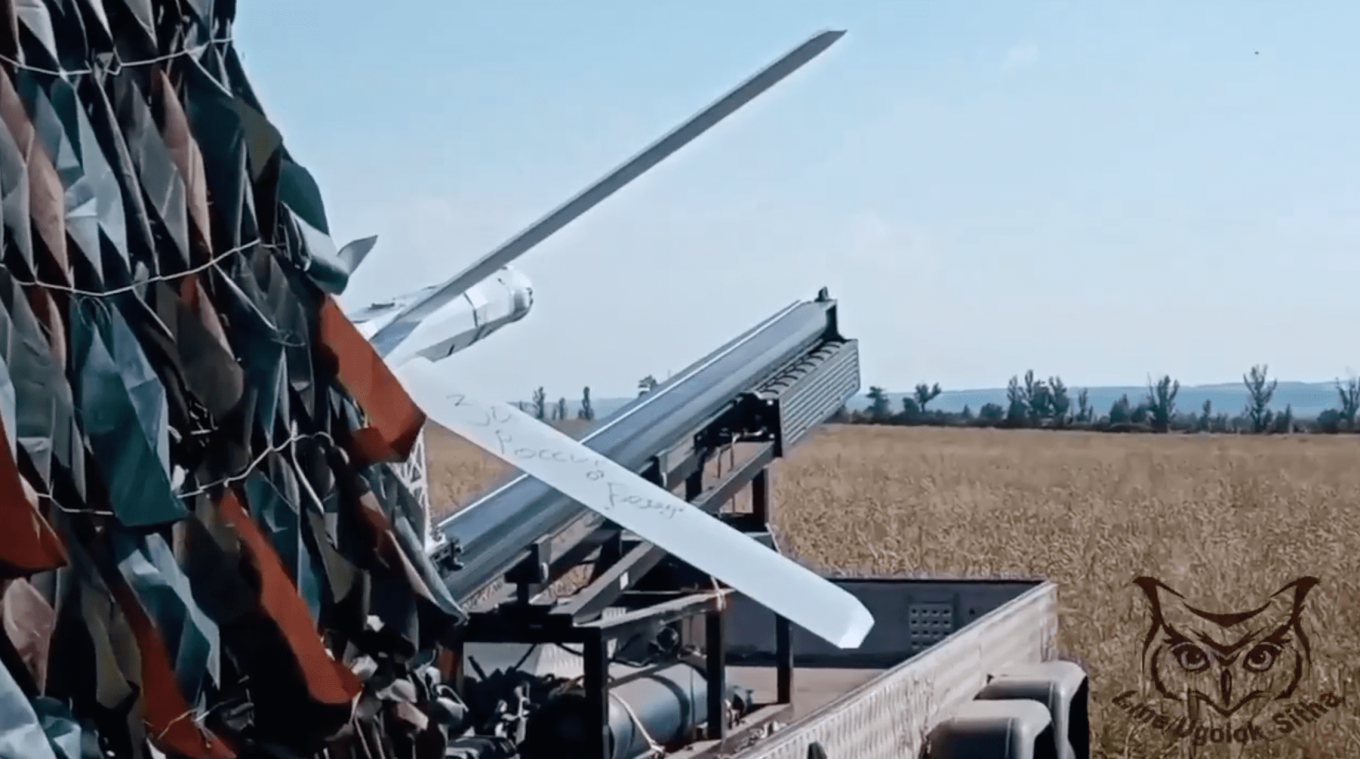
The drone features intelligence, navigation and communications modules. A single Lancet in its standard configuration costs about USD 35,000 to produce.
Read more: TAF Drones Shows How Decentralized UAV Production Works and Plans to Make 350,000 This Year




